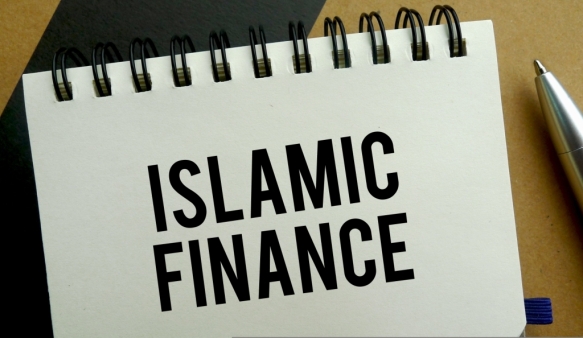
Malaysian Islamic banks outperform Indonesian counterparts
Malaysian Islamic banks have more established franchises and deeper market penetration.
Moody's Investors Service says that Islamic banks in Malaysia show greater growth stability and better asset quality when compared to their Indonesian counterparts, despite the similar macroeconomic headwinds faced by both systems.
"The divergence between the two systems is notable, considering the fact that the two economies have exhibited similar economic and credit growth trends, and banks in Malaysia and Indonesia show far less difference in the performance of their conventional loans," says Simon Chen, a Moody's Vice President and Senior Analyst.
"The outperformance of Malaysian Islamic banks as against their Indonesian counterparts in terms of asset growth reflects to a large part the Malaysian banks' more established franchises, deeper market penetration, and long-standing regulatory support," adds Chen.
Here's more from Moody's:
Moody's notes that banks in Malaysia and Indonesia are recording slower growth in Islamic financing, reflecting the broader slowdown in their respective economies.
However, the slowdown in Indonesia is far more pronounced, with growth in the Islamic financing sector slowing sharply to below 10% year-on-year in 2014 and 2015 from in excess of 50% in 2011.
By contrast, growth in the same sector for Malaysian banks during 2014 and 2015 registered well in excess of growth rates for conventional loans.
Moody's report points out that in 2015, the Malaysian Islamic banking sector accounted for 27% of total banking system assets versus 5% in Indonesia.
Apart from the larger scale of Islamic banks in Malaysia, such banks in the country also demonstrate a more diversified portfolio mix when compared with their counterparts in Indonesia.
As a result, Moody's says the asset growth and asset quality of Islamic banks in Malaysia and Indonesia will continue to diverge.






















 Advertise
Advertise








